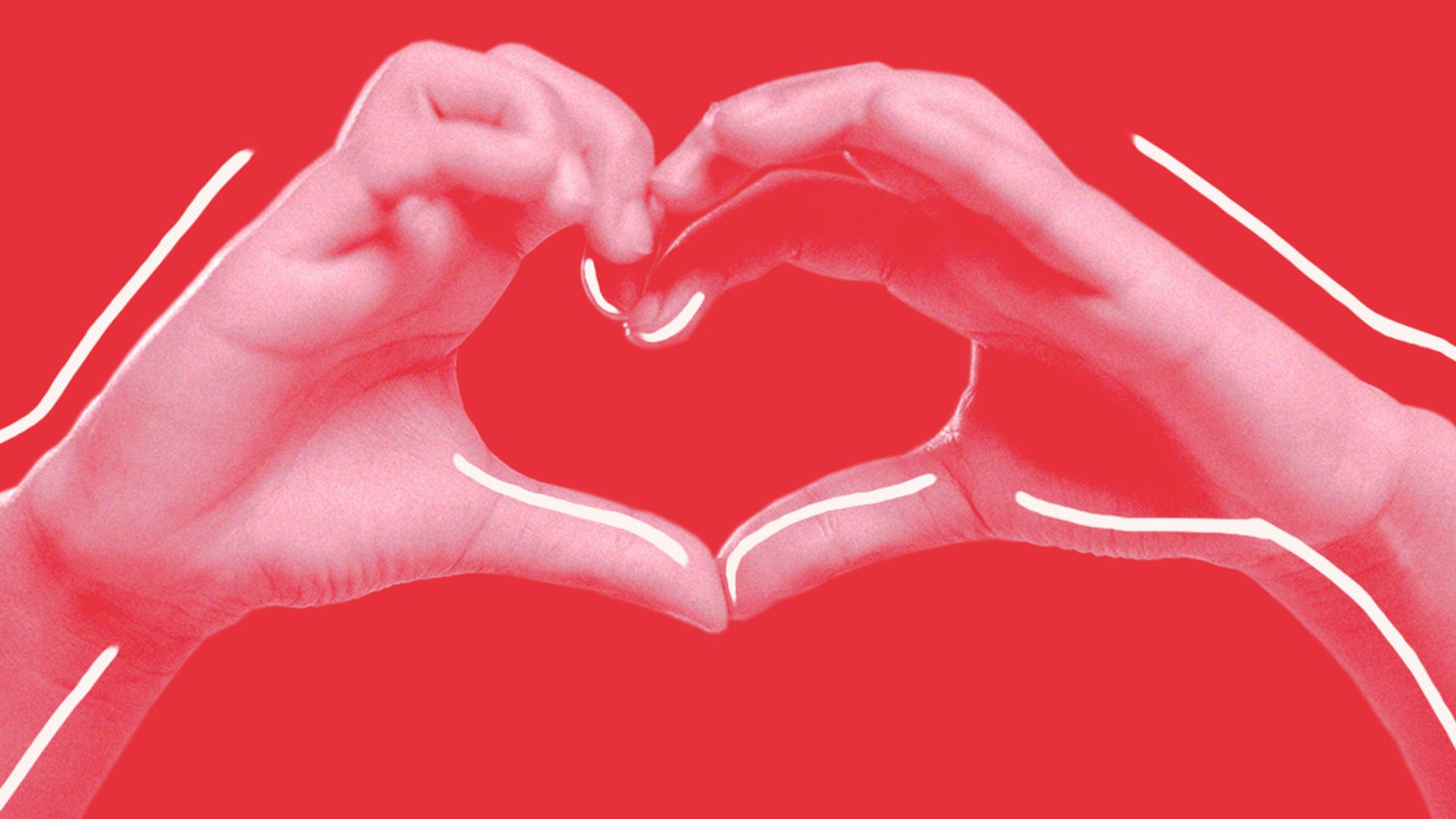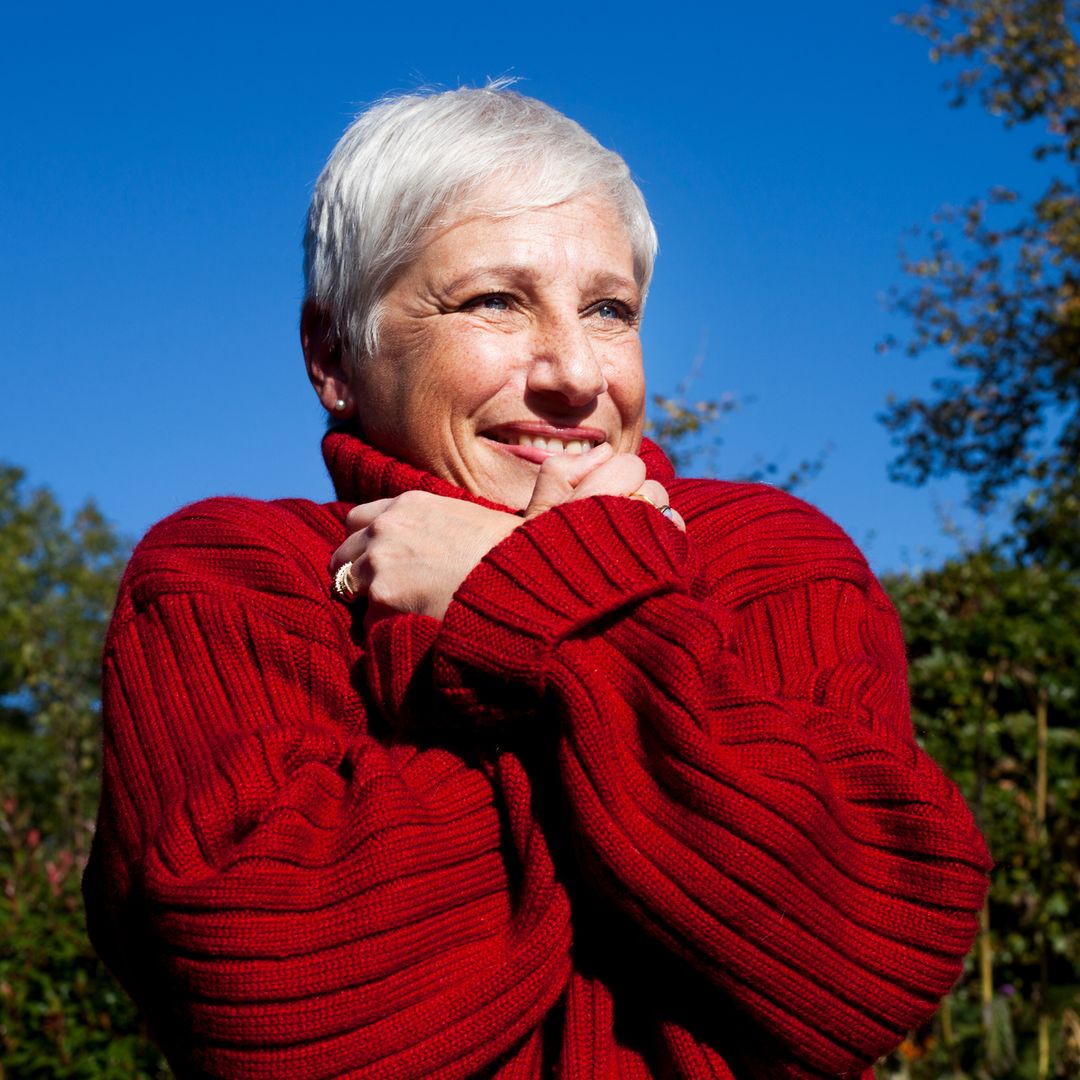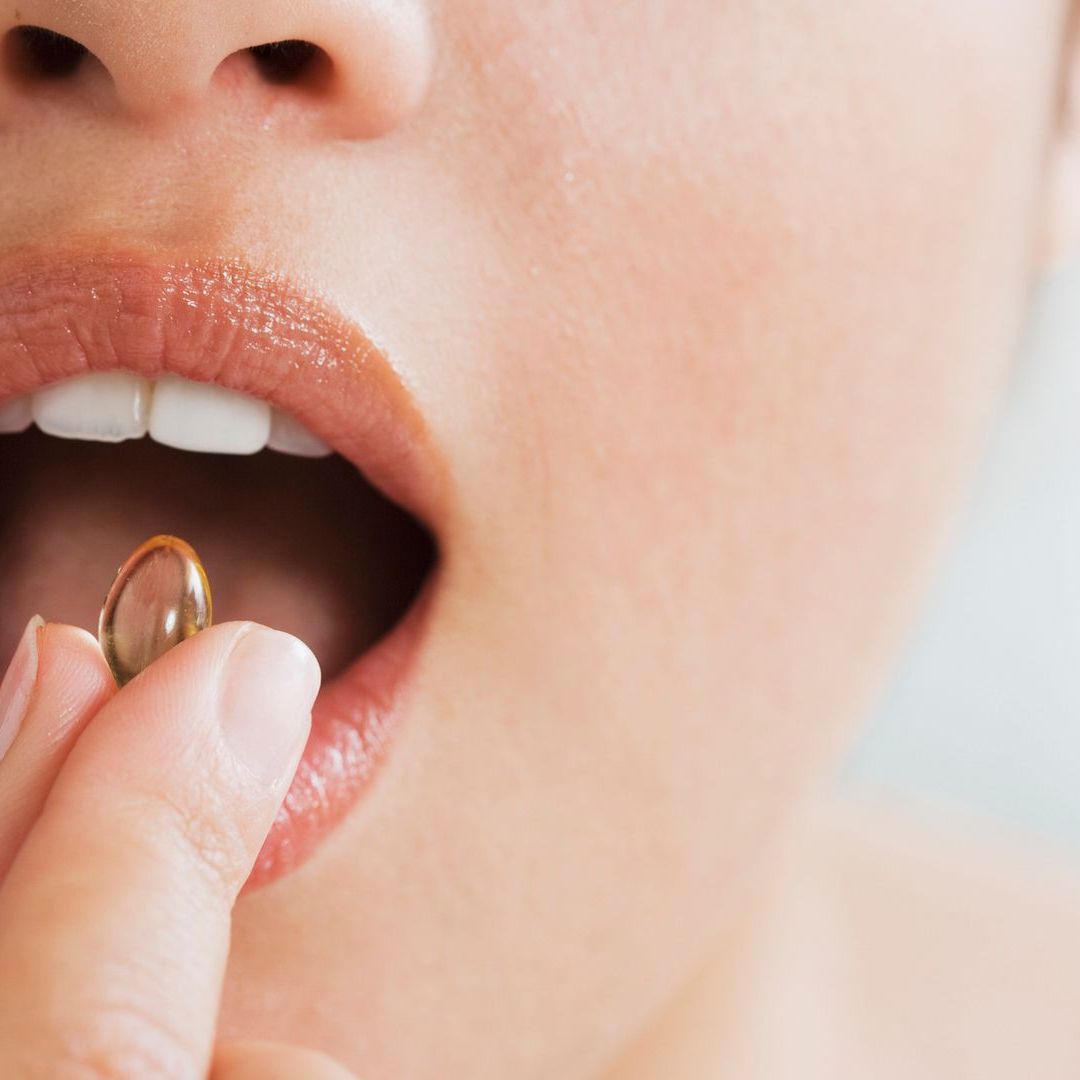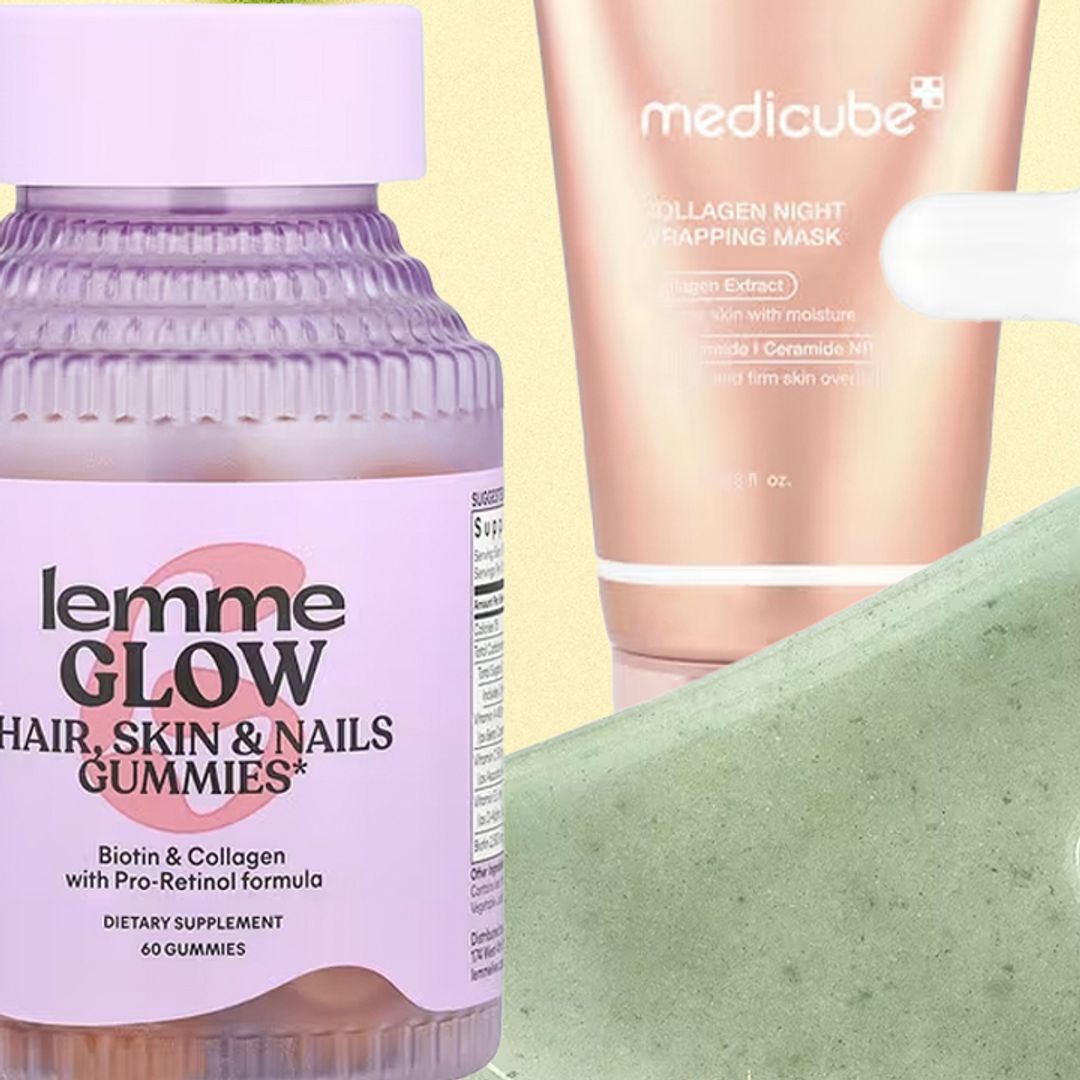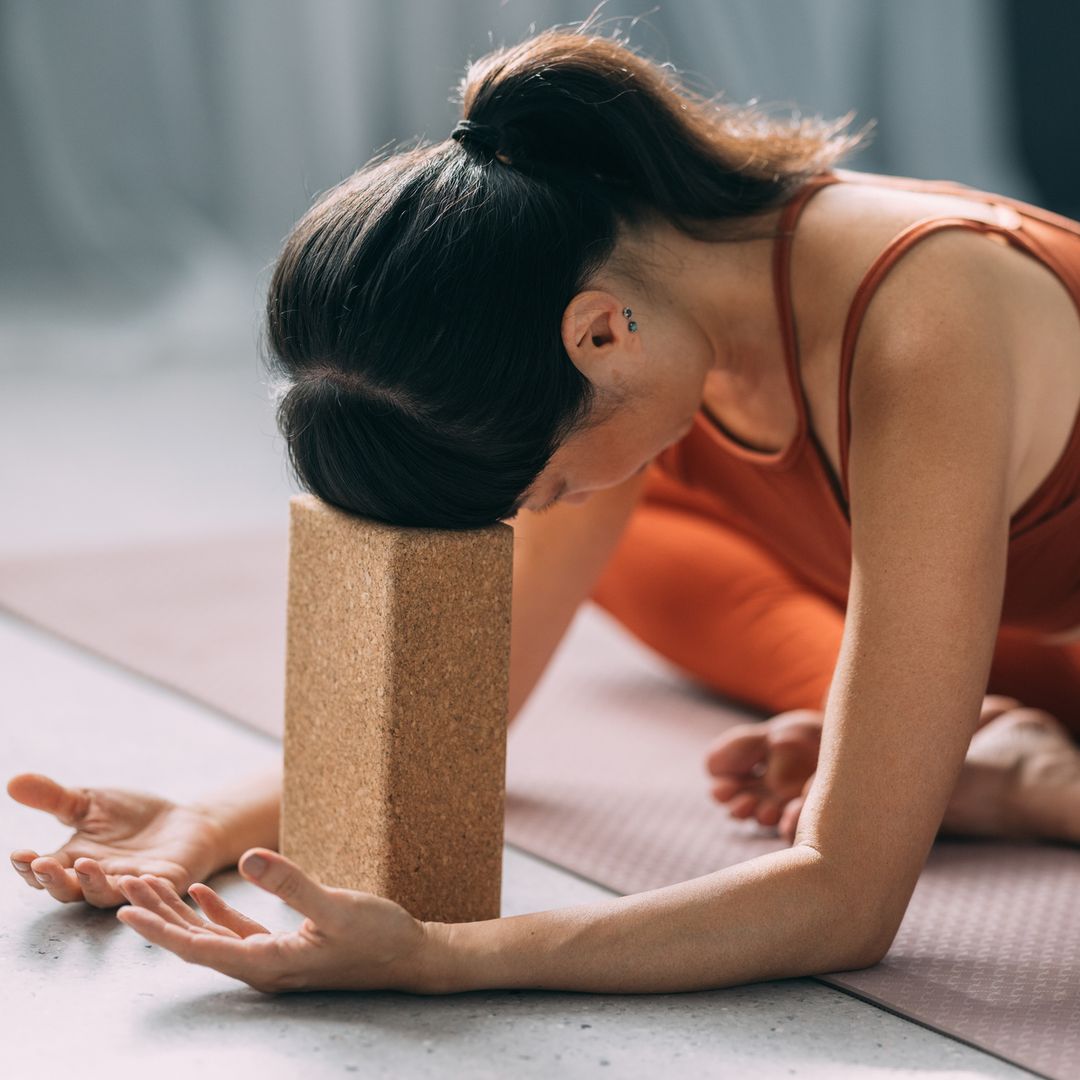Recent events have highlighted how important it is to ensure we are tackling online abuse and harassment and create a positive social media experience. After all, we never know what is going on in somebody else's life.
If you're not sure where to start, Tessy Ojo, CEO of The Diana Award, shared some top tips for being a more positive person on social media. Princess Diana believed that young people have the power to change the world, and The Diana Award is a living legacy of that belief. The charity's leading Anti-Bullying Campaign works to change the attitude and culture surrounding bullying both across the UK and around the world. Keep reading to see Tessy's 12 top tips...
WATCH: What is #HelloToKindness?
1. Lead by example
Speak out and take positive action when you see online harassment or abuse happen to others, whether it's offering support to someone or saying something to the perpetrator. We all have a role to play in making online abuse unacceptable and creating kinder environments.
2. Remember that you're not alone
If you are experiencing online abuse and harassment remember that others have felt this way. It may make you feel isolated, hurt and angry – but remember that these feelings will pass.
3. Choose your online friends carefully
Remember that anyone you accept as a friend will be able to see what you have made available on that profile. They may be able to share or screengrab your photos or information and post them elsewhere.
READ: Why 2020 is the year we stop comparing ourselves to others on social media
4. Make a strong password for all of your accounts
Change them regularly and never share these with anyone. Make sure your password includes a combination of upper and lowercase letters, numbers, and symbols. This will mean people can’t access your account, steal any of your info, or post harmful comments or pictures in your name.
5. Check your privacy settings
Choose the information you share with people carefully. For example, you can set your profile or data to private or only allow certain people to contact you and view particular information. Make sure you never share your address, phone number or email address with anyone you do not know online.
6. Search your name
Do this to check what private information about you is available online. If somebody types your name into a search engine, what can they find? You may need to check your privacy settings.
7. Keep the evidence
Save any evidence of abuse you receive whether this be photos, texts or conversations. It is best to save or screenshot evidence which can be passed to support organisations or the police in extreme cases.
8. Don't respond
If you receive abusive comments or messages online, instead of responding, block the person. There is always a way to stop someone from contacting you, check out the privacy or safety settings of the service you are using to find out how.
MORE: Celebrities on their mental health struggles: from Prince Harry to Ellie Goulding
9. Report it
Any online abuse or harassment you suffer should be reported. Block the person and use the 'report abuse' buttons all social media networks have.
10. Stay positive
Things will get better and there are many organisations out there to help if you are experience online abuse or harassment.
11. Live your best life
Remain authentic to who you truly are both on and offline. Live your values out daily. Be empathetic towards others, show kindness because you just never know what the other person is going through.
12. Tessy's tip
Muting is magic and blocking is beautiful; never suffer in silence!
Visit www.antibullyingpro.com to find out more
Make a stand. Say #HelloToKindness. Post your own kind message on Instagram today and tag @HelloMag.
Social media is a brilliant way to connect people and create communities, but it also has a dark side. Join HELLO!'s #HelloToKindness movement to promote positivity on social media. A kind ethos underpins everything we do at HELLO! and we urge our community to think twice before you post. Find out more about the #HelloToKindness movement.
